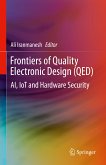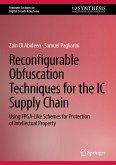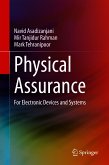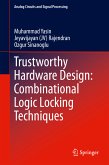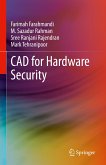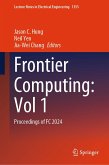This book discusses the details of random number generation (RNG) as a key technology that is used for information security in various fields, such as electronic commerce and authentication. Readers will see how random numbers are used in various applications such as in the generation of keys for data encryption, games, lotteries, sampling, simulations, statistical sampling, search/sort algorithms, and gambling. The authors describe how the classification of RNGs encompasses linear and nonlinear (chaotic) pseudo and truly random number generators, and how they can be evaluated by applying statistical tests.
- Covers a vast array of special topics on fractional-order chaotic circuits and systems to develop applications in information security;
- Describes details of using FPGAs to approach chaotic maps and fractional-order circuits and systems for hardware security;
- Includes Verilog hardware description for random number generation.
Dieser Download kann aus rechtlichen Gründen nur mit Rechnungsadresse in A, B, BG, CY, CZ, D, DK, EW, E, FIN, F, GR, HR, H, IRL, I, LT, L, LR, M, NL, PL, P, R, S, SLO, SK ausgeliefert werden.



